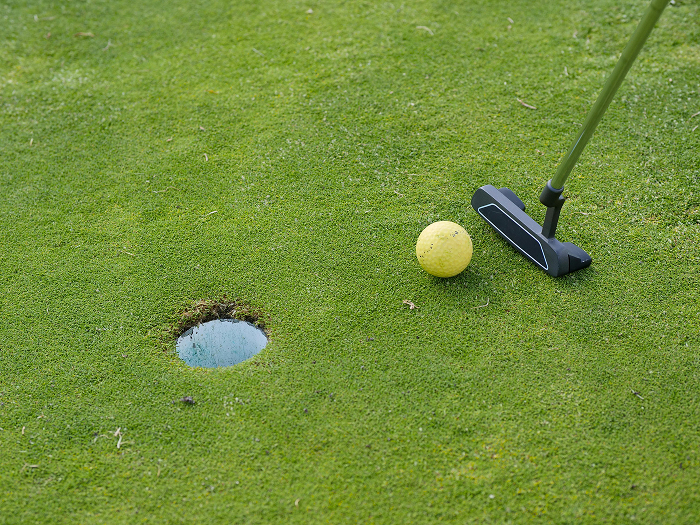
LAB (Lie Angle Balance) golf putters have gained attention for their innovative approach to solving the issue of torque in the putting stroke. Here’s a breakdown of their value and whether the technology might represent the future of putting:
What Makes LAB Putters Unique?
Lie Angle Balance Technology
LAB putters are designed to remain perfectly square to the path of your stroke, minimizing torque.
This design helps golfers who struggle with face rotation and inconsistent putting strokes.
Customisation:
LAB golf putters are often tailored to the player’s specific setup, including lie angle and weight preferences.
Alignment Features:
Many LAB models include unique alignment aids, which can improve aim for golfers who struggle with traditional putters.
Build Quality:
The materials and craftsmanship are premium, justifying the price to some extent.
Are They Worth the Money?
Yes, If:
You struggle with face stability during the stroke or have significant torque issues.
You’re looking for a highly customized putting experience.
You value innovation and are willing to invest in equipment that might genuinely improve your game.
No, If:
Your putting stroke is already consistent, and torque isn’t a problem.
You’re not comfortable investing £500–£750 in a putter without a trial period or fitting.
Is LAB Technology the Future?
Potential Influence:
LAB’s success may inspire other manufacturers to adopt similar anti-torque designs or more advanced customization.
The concept aligns with modern golf trends: using technology to optimize performance and consistency.
Market Adoption:
While LAB is currently niche, broader adoption will depend on continued performance validation and the willingness of players to adapt to their unconventional aesthetics.
Should You Try One?
If you’re intrigued, a fitting session or trial is crucial to see how the putter feels and performs for your stroke. LAB putters might not suit everyone, but for those they work for, the results can be transformative.

Niall Ashworth is VPAR’s Business Development Manager.
A golf industry stalwart, Niall has spent the majority of his career helping Corporates and Charities take their guests Golf Day experience to the next level having run 1,000+ events in countries around the World.
Niall attended Nottingham Trent University, where he studied Business and Sport, before working at the Rugby World Cup in 2015.
He spends any free time he has on the fairways of Worplesdon Golf Club in Surrey trying to maintain his 6.1 Handicap Index! His three favourite Golf Courses are Clearwater Bay in Hong Kong, Torrey Pines in San Diego and Trump International in Scotland. With special mentions to Sentosa and Kingsbarns!
He uses a Taylormade M4 Driver & Fairway Woods, Titleist T100 irons, Titleist Vokey Wedges and a Bettinardi Arm-Lock putter with a Left Dash ProV1 Golf Ball (not that it matters!)
If you have any feature requests or golf news that you’d like Niall to review please contact him @vpargolf across socials!